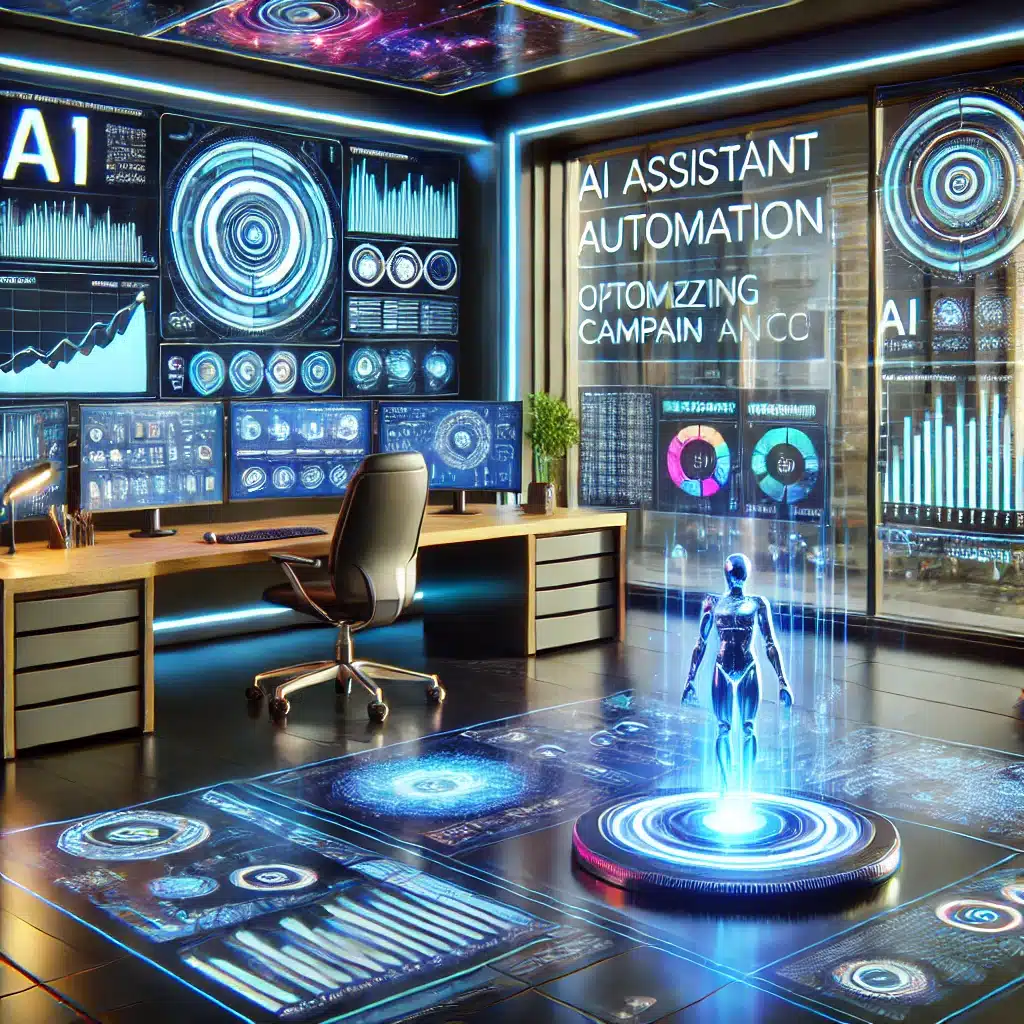Redefining AI: Beyond Military Solutions
Artificial Intelligence (AI) is a versatile tool, often surrounded by misconceptions. Many believe AI serves primarily military functions. However, this limited view overlooks AI’s diverse applications. With advancements, AI continues to integrate into various sectors beyond defense, prompting us to reevaluate and embrace its broader capabilities.
The Misconception: AI Equals Military
Despite AI’s perceived ties to militaristic applications, it plays crucial roles beyond warfare. For example, Meta announced that US defense contractors can now use its AI model, Llama. Although this move supports national security, the misconception is that AI is solely a military solution. In truth, AI’s potential extends far beyond.
Exploring AI’s Diverse Applications
Furthermore, AI enhances various industries by optimizing processes and improving efficiency. For instance, the UK government’s AI chatbot assists business users in navigating complex regulations. By offering such support, AI proves its utility in streamlining operations, thereby saving time and effort.
Beyond Defense: AI’s Economic Impact
Moreover, AI influences economic growth. As Meta’s Nick Clegg stated, open-source AI models contribute positively to economic output and job creation. Similarly, the US aims to leverage AI in achieving national security objectives, demonstrating AI’s dual role in both security and economic contexts.
Encouraging Broader Use and Understanding
Nevertheless, misconceptions can hinder AI adoption in non-military fields. Therefore, it is crucial to encourage broader AI applications. In addition to defense, industries like healthcare, education, and public services can benefit significantly from AI technologies. By overcoming misconceptions, we allow AI to serve as a catalyst for innovation.
AI in Public Services
In the domain of public services, AI has the potential to revolutionize outdated processes. For example, the UK government is experimenting with AI to enhance efficiency in public sector operations. Such endeavors promise to reduce bureaucracy, ultimately improving citizens’ experiences with government services.
Conclusion
In summary, AI misconceptions confine its potential to military uses. However, as technological advancements continue, AI’s applications diversify, proving its importance in various fields. By debunking misconceptions, we can look forward to a future where AI contributes to a multitude of sectors, transforming our world in numerous positive ways.



